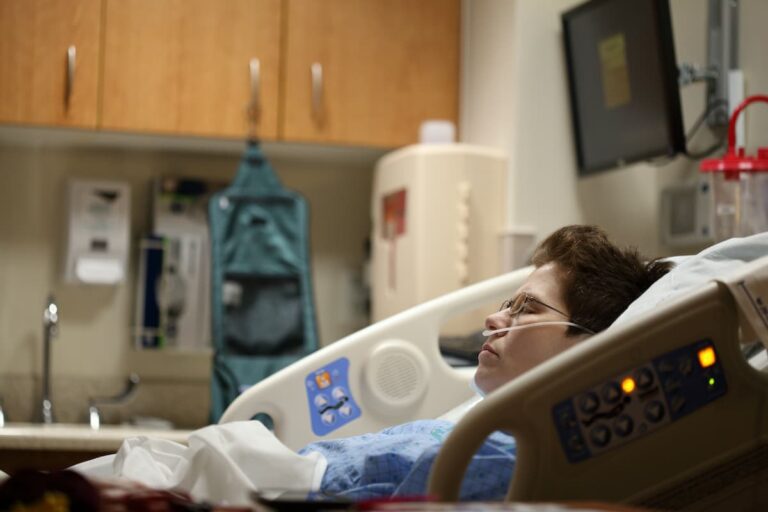Local Anesthesia
Inquire About Local Anesthesia
At Anderson Family Dental Care, we understand the thought of dental procedures can be intimidating.
We are committed to ensuring you feel comfortable and well-informed about every step of your dental care journey.
This is why we use local anesthesia as a tool to provide a more pain-free experience, and we want to address your questions and concerns about its use.
What is Local Anesthesia?
Local anesthesia is a medication which numbs a specific area of your body to block pain signals from being transmitted to your brain.
In dentistry, it’s often used to numb the mouth for procedures like fillings, crowns, root canals, or gum surgeries.
It allows you to stay awake and alert while experiencing minimal discomfort during your treatment.
While you can still somewhat feel what is going on, you don’t feel the pain associated with it.
How Does Local Anesthesia Work?
Local anesthetics work by blocking the nerves in a particular area of the body from sending pain signals to the brain. The medication temporarily disrupts the flow of signal to nerve cells, which is a crucial step in nerve signal transmission.
This blockage effectively “switches off” the sensation in the area where the anesthetic is administered.
The effects wear off over time, and full sensations return within a few hours.
How Long Does Local Anesthesia Last?
The duration of numbness can vary depending on the type and amount of anesthesia used. Because this is also determined by what procedure we’re doing, it can vary widely from person to person.
However, on average, local anesthesia effects can last between 2 to 4 hours, but usually less.
During this time, we recommend to avoid eating or drinking, especially very hot foods or drinks as you may be unable to feel the temperature and result in oral damage or burns.
Possible Side Effects
Local anesthesia is generally safe and side effects are rare. However, as with any medication, some people may experience side effects. These can include:
- Numbness beyond the intended area: Sometimes, the anesthetic can spread slightly beyond the target area, causing temporary numbness.
- Minor bruising or soreness: This may occur at the injection site but typically resolves within a few days.
- Allergic reactions: While very rare, some people can have allergic reactions to local anesthetics. Symptoms might include difficulty breathing, skin rashes, and swelling. If you have a known allergy to certain types of anesthetics, please inform your dentist prior to treatment.
While the idea of being numb may seem a little unnerving, local anesthesia is a critical tool in ensuring your comfort during dental procedures for many of the services we offer.
At Anderson Family Dental Care, we are dedicated to making your experience as comfortable and pain-free as possible.
Please don’t hesitate to reach out to our office if you have any further questions about local anesthesia or any other aspect of your treatment plan. Your comfort, safety, and understanding are our top priorities.